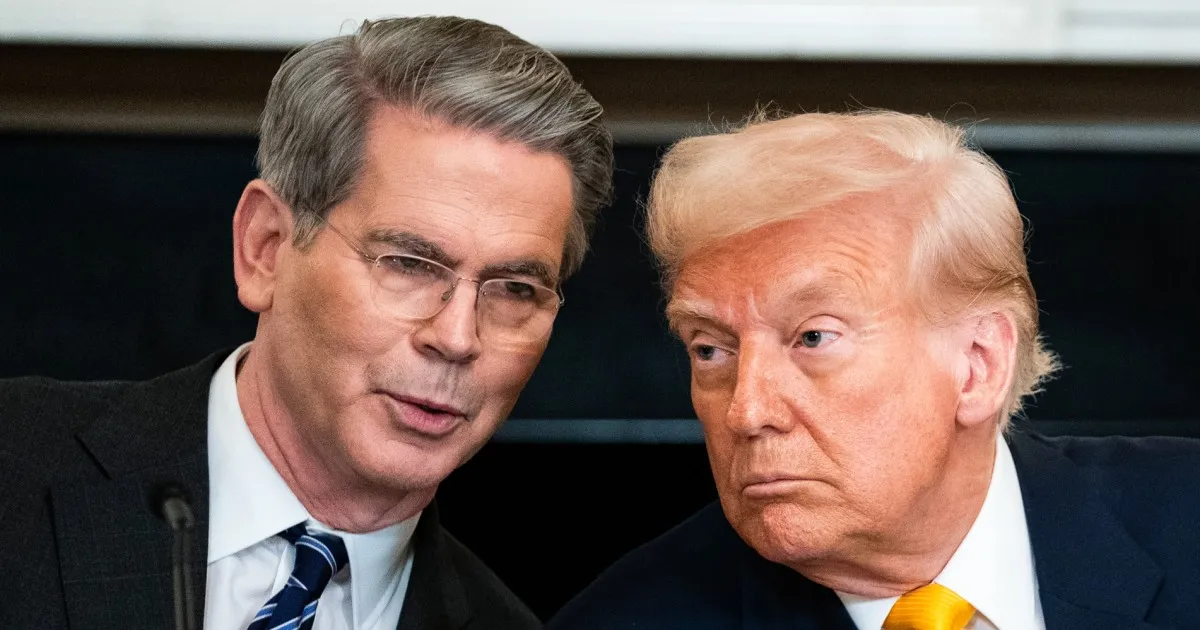
In a recent interview, Treasury Secretary Scott Bessent announced significant changes to the U.S. tariff policy that will take effect on August 1. This announcement comes just weeks after a temporary pause on steep country-by-country tariff rates is set to expire. Bessent emphasized that President Trump will be reaching out to various trading partners, warning them that if negotiations do not progress, the tariff rates established on April 2 will return on the scheduled date.
Bessent clarified in his discussion with CNN's “State of the Union” that the August 1 deadline is definitive, stating, “If you want to speed things up, have at it. If you want to go back to the old rate, that’s your choice.” This marks a critical moment for U.S. trade relations as the administration seeks to renegotiate the tariff levels that were initially outlined in Trump's “Liberation Day” speech.
The original 90-day deadline for countries to renegotiate these tariffs was set to expire on July 9. However, Bessent’s remarks have raised questions about whether this date still holds any significance. Trump previously indicated the possibility of extending this deadline, but he has since reaffirmed that the April 2 tariff rates will be reinstated on August 1.
Trump's recent statements confirm that the U.S. tariffs will resume, with the president asserting that “They’ll start to pay on August 1.” He further clarified that the tariffs could range from 10% to 70% depending on the country and product category. As a result, importers will face increased costs, which may be passed on to consumers, thereby impacting prices in the market.
Bessent highlighted a concerning trend: “many of these countries never even contacted us.” The White House had previously expressed optimism that numerous nations would engage in negotiations to avoid these steep tariffs. Trade adviser Peter Navarro had predicted a flurry of agreements, suggesting that “we’ve got 90 deals in 90 days possibly pending here.”
In light of the impending tariffs, Trump has been vocal about the demand from foreign nations to negotiate. He stated, “These countries are calling us up, kissing my a--. They are dying to make a deal.” This sentiment underscores the administration's aim to leverage these tariffs as a bargaining tool in international trade discussions.
The potential reinstatement of these tariffs is likely to create volatility in the markets. Following Trump's announcement about the upcoming tariff letters, stock futures experienced a dip, which reflects investor concerns over renewed trade tensions. The markets had previously reached all-time highs, largely due to a temporary lull in tariff-related news.
As the U.S. prepares to impose higher import duties on sectors such as autos, steel, aluminum, and goods from China and Vietnam, all eyes will be on how trading partners respond to the renewed pressure. The outcome of these negotiations could significantly impact not only trade relations but also the broader economy.